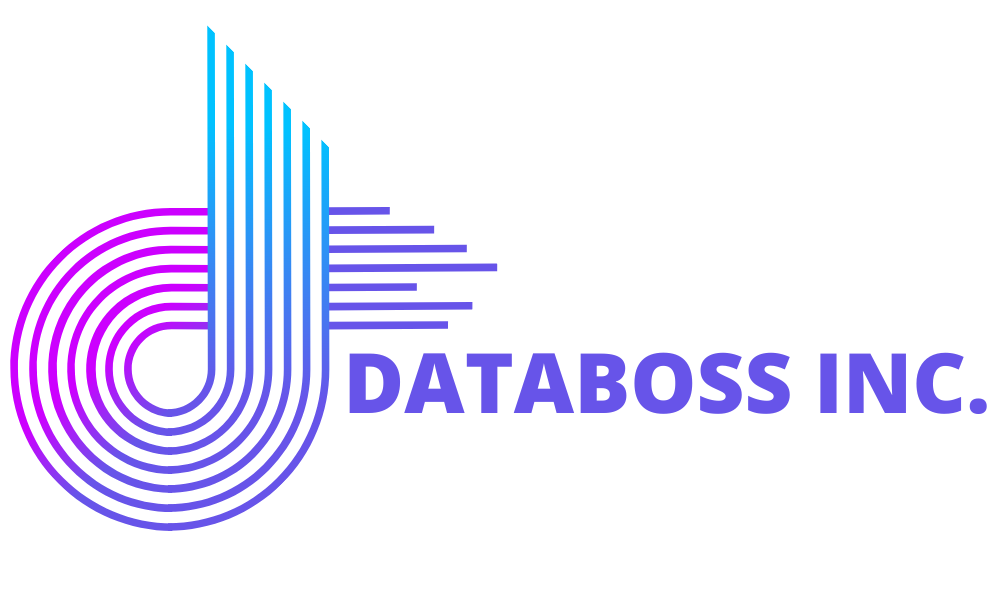Fuel Your Stocks for Electronic Trading & Settlements
DTC Eligibility is a critical step in the process of going public in the United States. The Depository Trust Company (DTC) is a central securities depository that holds securities on behalf of its participants. DTC eligibility ensures that your securities can be traded and settled electronically, which can save you time and money.
- Driving Investor Trust through Regulatory Excellence.
- The best way to ensure the liquidity of your securities.
DTC Compliance Simplified
Get your securities DTC eligible and start trading today

The DTC eligibility process
After receiving approval for trading by FINRA, issuers must apply to the DTC for their initial eligibility. The DTC holds all the issuer’s free-trading shares on deposit, which becomes the company’s “float.” However, issuers cannot directly apply to the DTC for eligibility. They must establish a relationship with a broker-dealer or financial institution (market-maker) that will sponsor the eligibility process.
An issuer must have a transfer agent with a DTC Operational Arrangements Agent Letter on file. NASDAQ and NYSE issuers also need to subscribe to DTC’s FAST (Fast Automated Securities Transfer) and DRS (Direct Registration System) programs.
A win-win for issuers and investors

Easy way to trade
How to Maximize Your Chances for DTC
The SEC is watching:
The SEC is the Securities and Exchange Commission, a federal agency that regulates the securities industry. If your company is not in good standing with the SEC, it may be denied DTC approval.
There are a few things you can do to maintain a strong reputation with the SEC. First, file all required reports and forms on time. Second, pay all required fees on time. Third, comply with all applicable laws and regulations. Fourth, avoid any activities that could be considered securities fraud.
A clean record is essential for DTC approval:
The SEC will not approve a company for DTC if any persons associated with the company have been under investigation by the SEC. This includes current and former employees, officers, directors, and shareholders.
If any persons associated with your company have been under investigation by the SEC, you will need to disclose this information to the DTC. You will also need to provide an explanation of the investigation and the outcome.
Your reputation is on the line:
The DTC will not approve a company for DTC if the company has been involved in any spam campaigns, pump and dump schemes, or fraudulent activities.
Spam campaigns are unsolicited emails that are sent to a large number of people. Pump and dump schemes are schemes where investors are encouraged to buy a stock in order to drive up the price, and then the promoters sell their shares and the price of the stock falls. Fraudulent activities are any activities that are designed to deceive investors.
Get the peace of mind:
The DTC may request a legal opinion from a reputable licensed securities attorney when considering your company for approval. This opinion should address the company’s compliance with all applicable laws and regulations.
If you are considering applying for DTC approval, you should contact a reputable licensed securities attorney to obtain a legal opinion. This will help to ensure that your company is in compliance with all applicable laws and regulations and that it has a good chance of being approved for DTC.
“Working with Databoss was a game-changer for our company’s IPO. Their deep understanding of the market. Thanks to their guidance, we confidently navigated the complexities and achieved a highly successful public offering.”
Edward Kennedy

Client reviews
INSIGHTS
In-Depth Insights for Your Journey
20+
100%
Success rate
$500M+
FAQ
Frequently Asked Questions
Your Queries Answered to Navigate Your Databoss Journey with Confidence.
To become DTC eligible, a company must submit an application through an authorized DTC participant, typically its transfer agent or broker-dealer. The application is reviewed for compliance with DTC’s eligibility requirements.
DTC eligibility benefits investors by providing greater liquidity for the securities, faster and more secure transactions, and the ability to hold and manage their investments electronically.
Yes, DTC eligibility requires compliance with certain regulatory and operational criteria set forth by the DTC, including adequate trading volume, proper documentation, and adherence to applicable securities regulations.
Yes, DTC eligibility can be revoked if a company no longer meets the eligibility criteria or violates DTC’s rules and regulations.
DTC eligibility applies to a wide range of securities, including stocks, bonds, mutual funds, exchange-traded funds (ETFs), and other eligible financial instruments.


